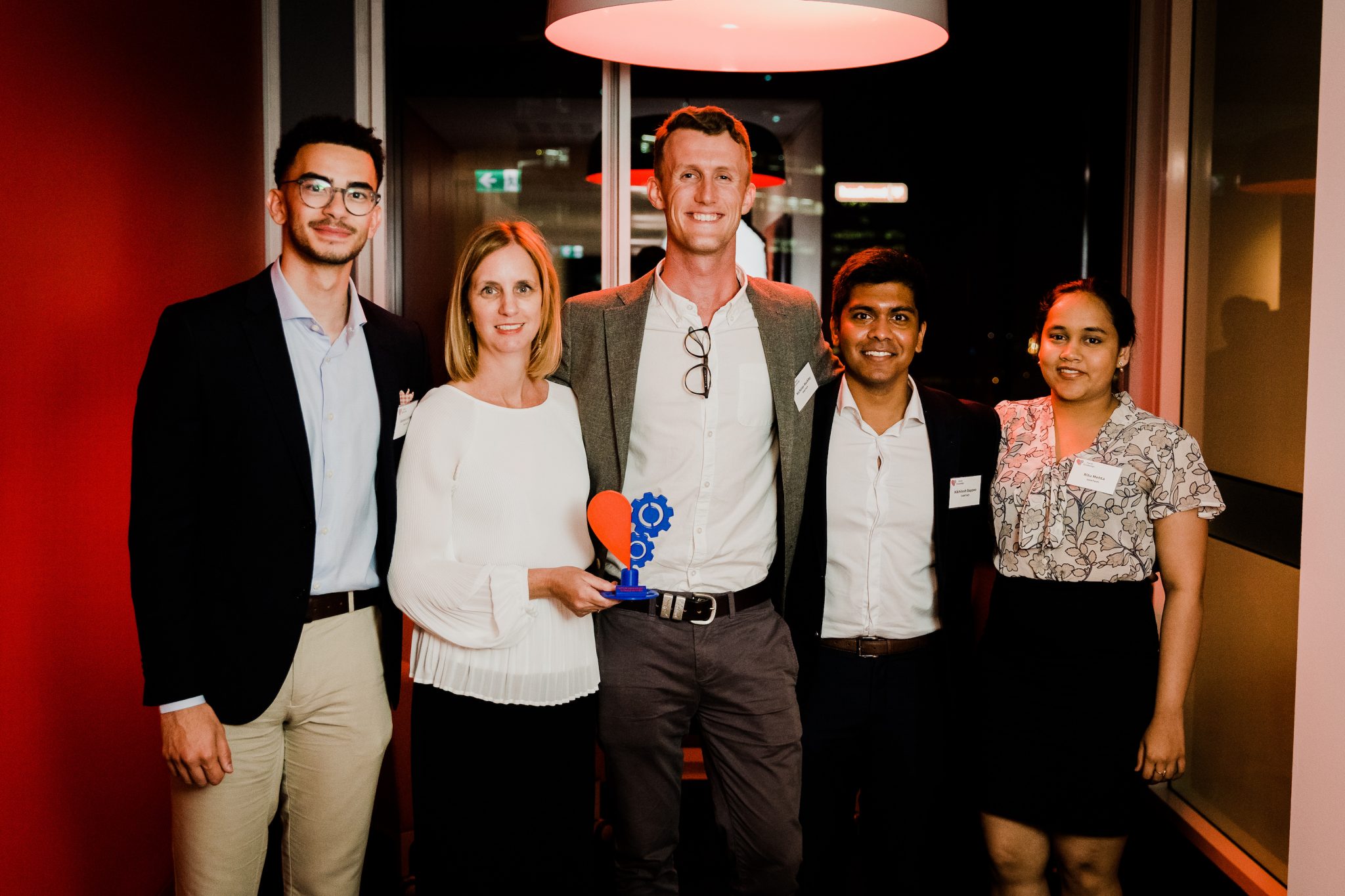
A medical device start-up established at the Harry Perkins Institute of Medical Research, is aiming to help patients undergoing one of the most common medical procedures.
Along with Emergency Consultant Dr Katherine Arenson and Telethon Kids Researcher Nick Buckley, Perkins Vascular Engineer Nik Bappoo designed a technology to help doctors more successfully cannulate patients with difficult vascular access.
For most patients admitted into hospital, having a cannula or needle placed into their arm is a necessary procedure to enable doctors to either take blood for tests or provide fluids or medication
These cannulas can be difficult to place successfully in certain patient groups, in particular obese patients, with some patients requiring up to 5 or more attempts.
Other tools such as the ultrasound can be used to assist cannulation, however other applications such as pregnancy scans and cardiac imaging have higher priority. Ultrasound imaging also requires extensive experience.
Perkins Vascular Engineering Researcher Nik Bappoo, said that the start-up, called VeinTech, was founded from the development of a simple imaging technology to assist clinicians with this issue.
“The overall cost to the healthcare system is much greater than the wasted hardware and includes clinician time and increased complications,” Nik said.
“Lifesaving tests and treatment can be drastically delayed and infection rates increase with each cannula attempt. Multiple attempts also cause significant pain and anxiety to the patient.”
“We set out to create a solution that would be simple to use while reducing cannulation attempts in difficult access patients.”
Bappoo who led the development of the technology known as the VeinWave, said in just six months the team had identified a largely unmet clinical need and developed a solution to address the need through the Perth Biodesign program, derived from Stanford University
“We are proud of our progress in the course and I hope to encourage entrepreneurial research and showcase the translation happening at the Perkins,” Nik said.
The technology has this week been awarded the first prize at the 2019 Perth Biodesign Final Presentations.
